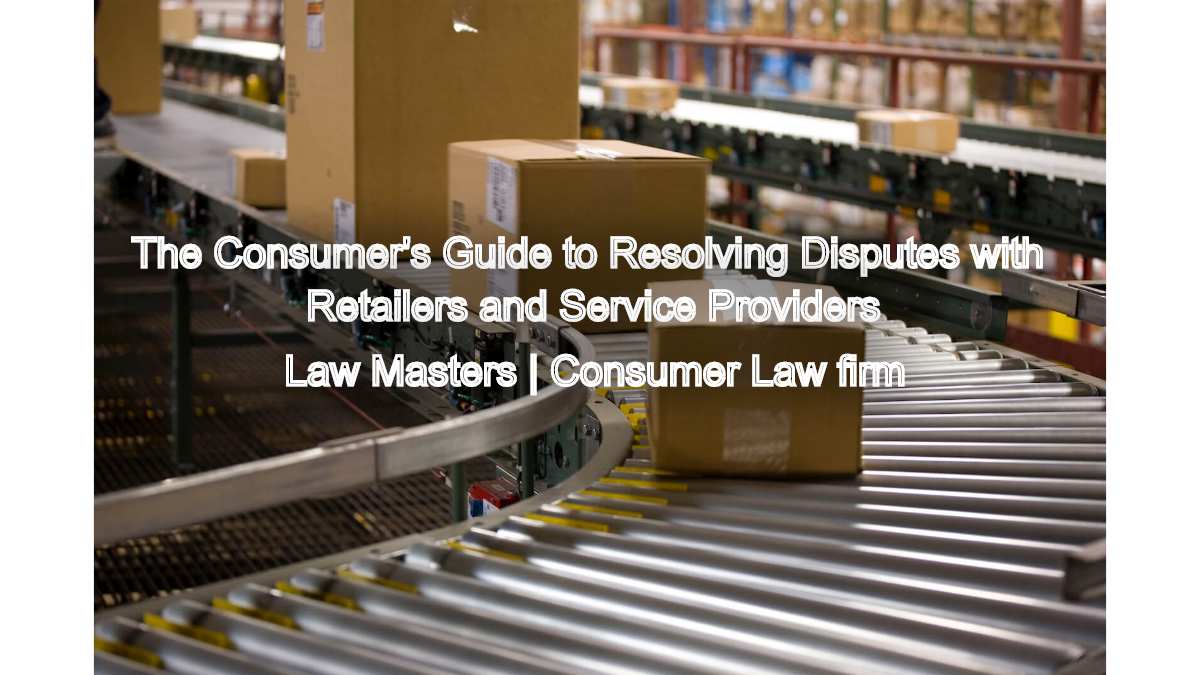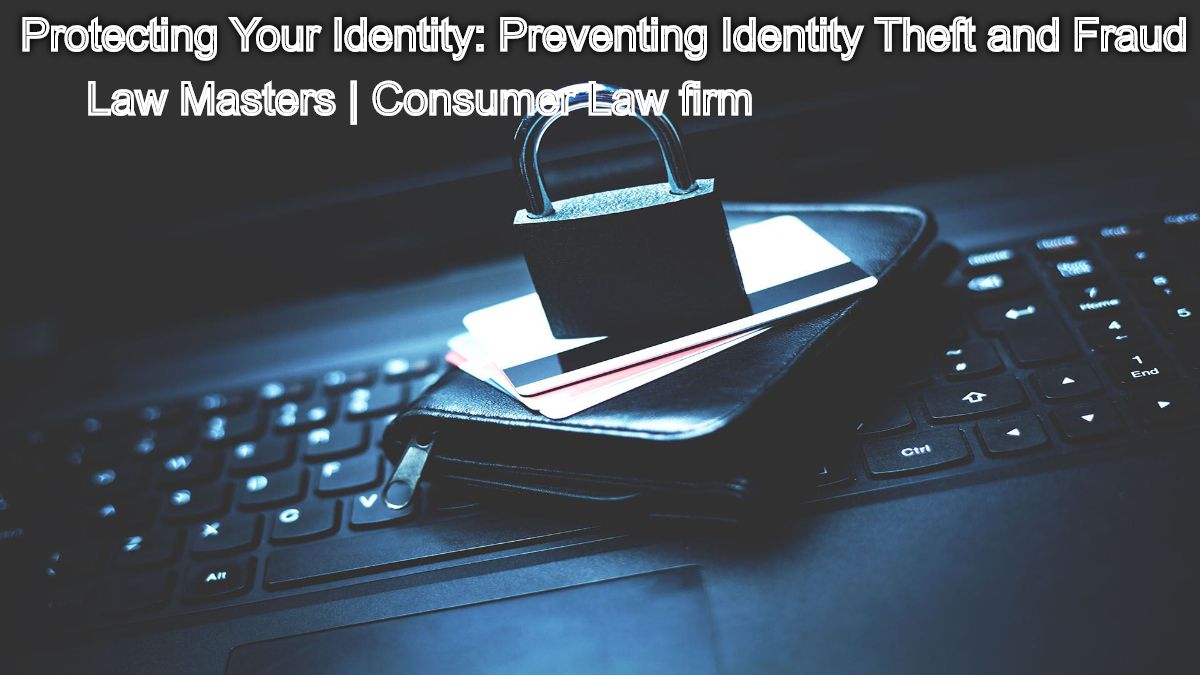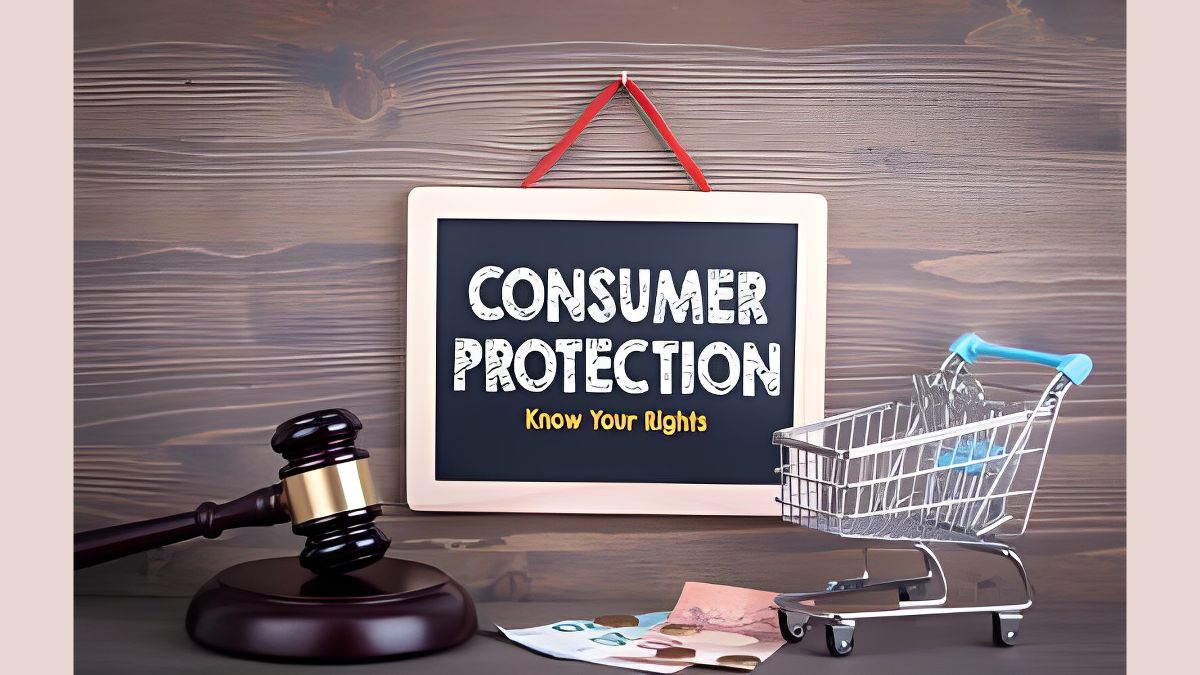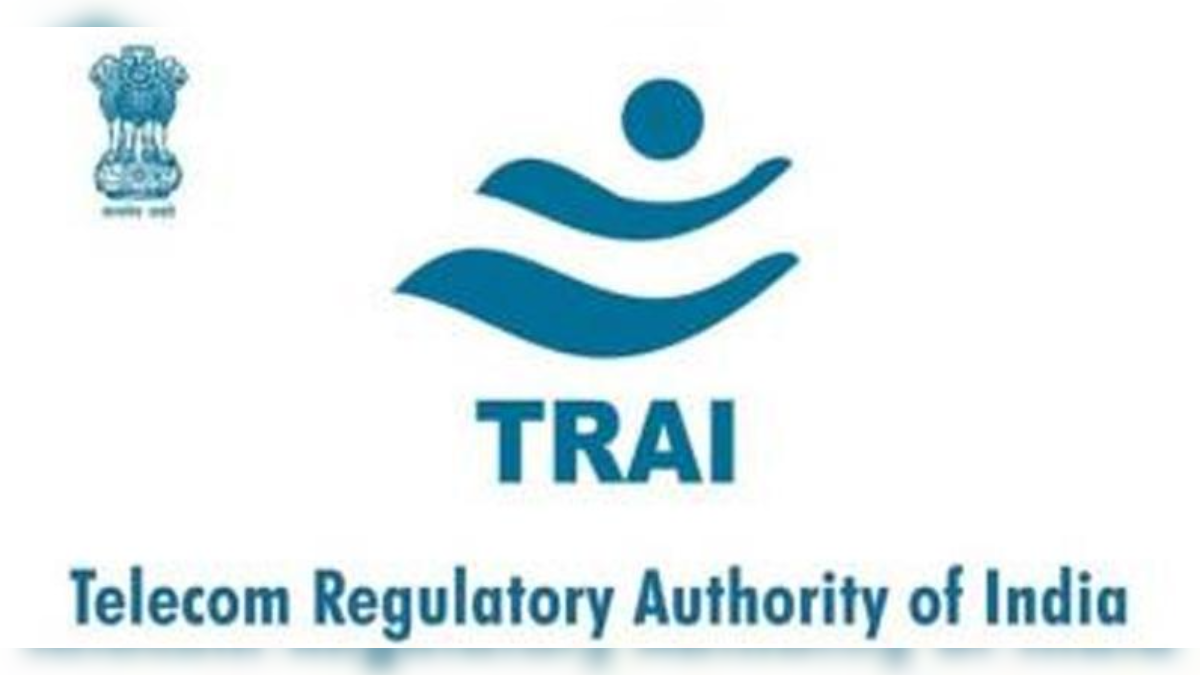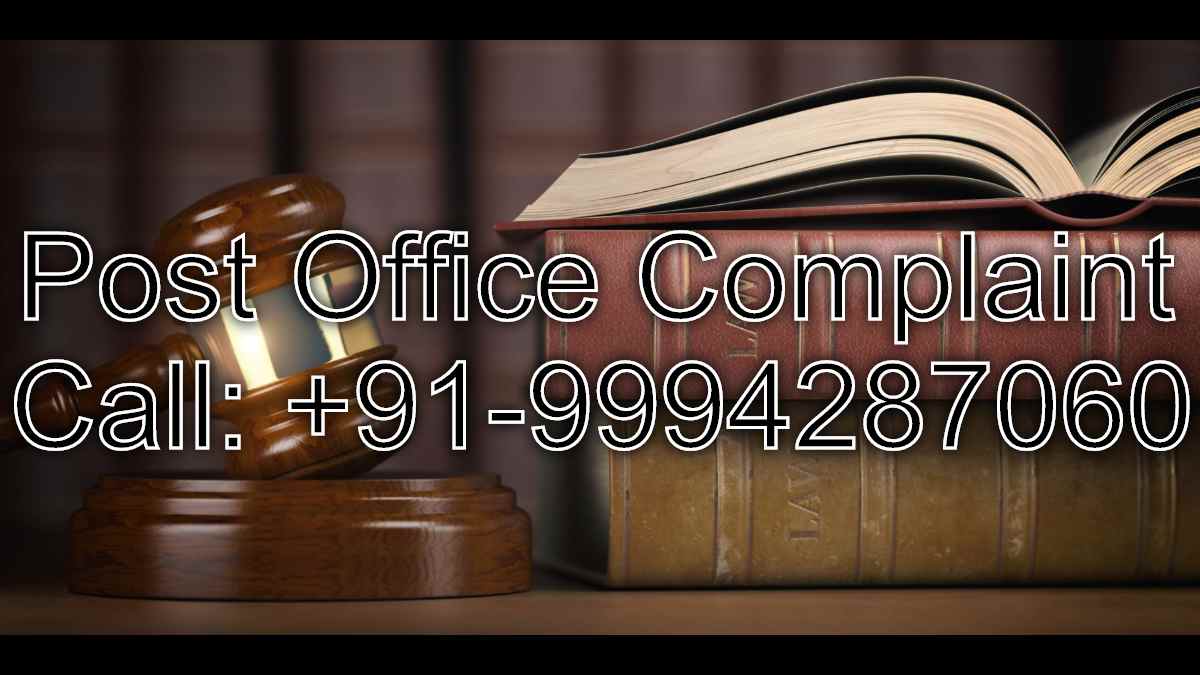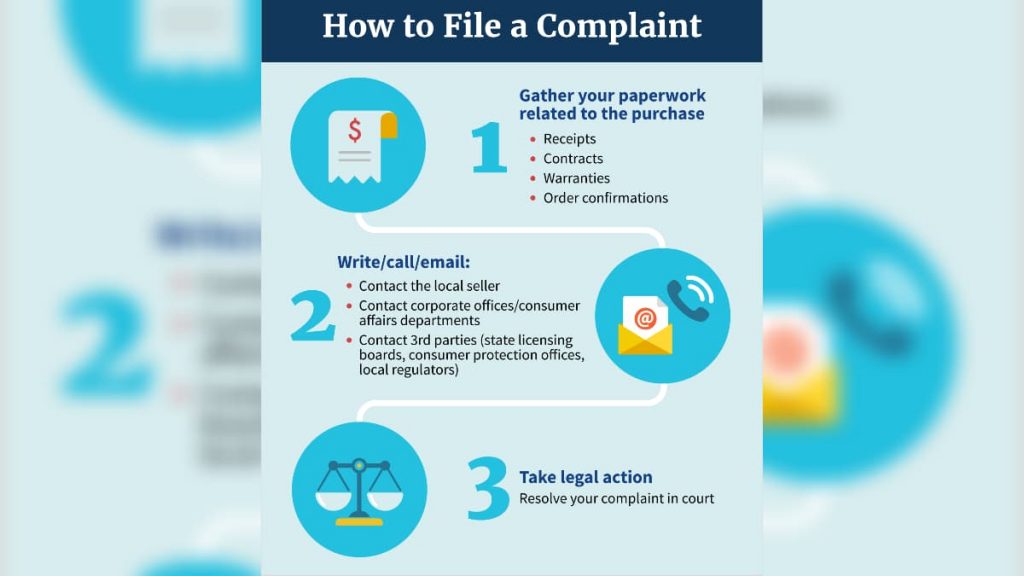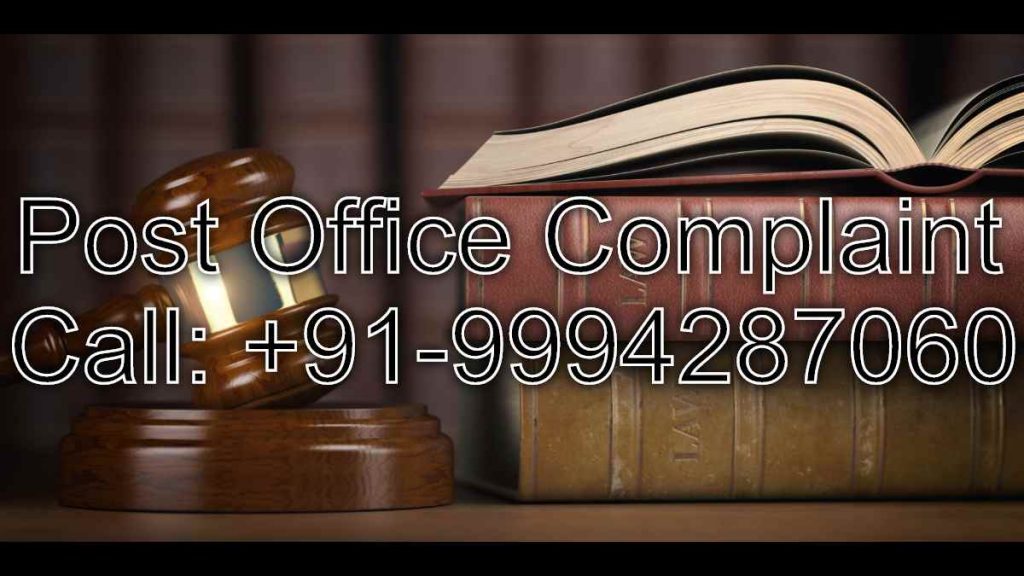Consumer Law and Unfair Business Practices: Consumer law exists to protect individuals from unfair or deceptive practices in the marketplace. Consequently, it establishes a framework of rights and responsibilities for both consumers and businesses. Therefore, understanding consumer law is crucial for everyone, enabling individuals to make informed decisions and businesses to operate ethically. Law Masters, a leading consumer law firm with the best consumer lawyers available 24/7, is dedicated to educating consumers about their rights and holding businesses accountable for misconduct.
Consumer Law and Unfair Business Practices: Recognizing and Reporting Misconduct: Law Masters | Consumer Law firm
Understanding Consumer Rights
Firstly, consumer law grants several fundamental rights to individuals. Specifically, these rights include:
- Right to Safety: Primarily, consumers have the right to be protected from hazardous products and services. For instance, products must meet safety standards, and services must be provided with reasonable care and skill.
- Right to be Informed: Secondly, consumers have the right to accurate and truthful information about products and services. Notably, businesses cannot make false or misleading claims. Similarly, they must disclose important information, such as ingredients, warranties, and terms of service.
- Right to Choose: Thirdly, consumers have the right to a variety of choices in the marketplace. Particularly, businesses cannot engage in anti-competitive practices that limit consumer options.
- Right to be Heard: Fourthly, consumers have the right to express their concerns and complaints. Indeed, businesses must have mechanisms in place to address consumer feedback.
- Right to Redress: Fifthly, consumers have the right to seek remedies for defective products or unsatisfactory services. For example, this may involve refunds, repairs, or replacements.
- Right to Consumer Education: Sixthly, consumers have the right to access information and education about consumer rights and responsibilities.
Unfair Business Practices: A Spectrum of Misconduct
Furthermore, unfair business practices encompass a wide range of deceptive and unethical behaviors. Indeed, these practices can harm consumers financially and erode trust in the marketplace. Specifically, some common examples include:
- False Advertising: For instance, making untrue or misleading claims about a product’s features, benefits, or price. Also, this can include exaggerating the quality or performance of a service.
- Deceptive Pricing: Moreover, using misleading pricing tactics, such as bait-and-switch offers or hidden fees. Additionally, artificially inflating prices and then offering discounts can also be deceptive.
- Unfair Contract Terms: Besides, including unfair or one-sided terms in contracts, such as excessive cancellation fees or limitations of liability.
- Misrepresentation: In addition, making false statements or omitting crucial information about a product or service. For example, this could involve misrepresenting the origin or quality of goods.
- Pyramid Schemes: Furthermore, operating fraudulent schemes that rely on recruiting new participants rather than selling legitimate products or services.
- Unsolicited Sales Tactics: Moreover, using aggressive or high-pressure sales tactics, such as door-to-door sales without prior consent. Also, continuing to contact consumers after they have requested to be removed from a marketing list.
- Defective Products: In addition, selling products that are inherently dangerous or do not meet reasonable standards of quality.
- Unfair Debt Collection Practices: Specifically, using abusive or harassing tactics to collect debts. For example, this might involve contacting debtors at unreasonable hours or making false threats.
Recognizing Unfair Business Practices
Moreover, it is crucial for consumers to be vigilant and recognize the signs of unfair business practices. Indeed, being aware of these tactics can help individuals avoid falling victim to scams and deceptive schemes. Specifically, consumers should be wary of:
- Too-Good-to-Be-True Offers: For instance, be skeptical of deals that seem unrealistically good. Notably, if a price is significantly lower than competitors’, it may be a red flag.
- High-Pressure Sales Tactics: Furthermore, be cautious of salespeople who pressure you to make a purchase immediately. Indeed, legitimate businesses typically give you time to consider your options.
- Vague or Unclear Contracts: Besides, carefully review all contract terms before signing. Specifically, look for hidden fees, unusual clauses, or anything you don’t understand.
- Lack of Transparency: Also, be wary of businesses that are unwilling to provide information about their products, services, or pricing.
- Poor Customer Service: Moreover, businesses that are unresponsive to complaints or refuse to address issues may be engaging in unfair practices.
Reporting Misconduct: Seeking Redress
Furthermore, if you believe you have been the victim of an unfair business practice, it is important to take action. Firstly, you should gather all relevant documentation, such as contracts, receipts, and correspondence. Secondly, you should contact the business and attempt to resolve the issue directly. Thirdly, if you are unable to reach a satisfactory resolution, you can file a complaint with the appropriate authorities. Specifically, this might include consumer protection agencies, regulatory bodies, or law enforcement. Additionally, you may wish to consult with a consumer law attorney to discuss your legal options.
The Role of Law Masters
Moreover, Law Masters is a dedicated consumer law firm committed to protecting the rights of individuals. Indeed, our experienced team of consumer lawyers is available 24/7 to provide legal advice and representation. Specifically, we can assist with:
- Investigating Complaints: Primarily, we can investigate your complaint and determine the best course of action.
- Negotiating Settlements: Secondly, we can negotiate with businesses to reach a fair settlement.
- Representing Clients in Litigation: Thirdly, we can represent you in court if necessary.
- Educating Consumers: Finally, we provide educational resources and information about consumer law.
FAQs: Consumer Law and Unfair Business Practices
Unfair business practices include false advertising, deceptive pricing (like bait-and-switch), unfair contract terms, misrepresentation of products or services, pyramid schemes, unsolicited sales tactics, selling defective products, and unfair debt collection practices.
First, gather all documentation (contracts, receipts, etc.). Then, try to resolve the issue directly with the business. If that fails, file a complaint with consumer protection agencies or regulatory bodies. Consulting a consumer law attorney is also advisable.
Be wary of “too good to be true” offers, high-pressure sales tactics, vague contracts, lack of transparency from the business, and poor customer service. If something feels off, it’s worth investigating further.
A consumer law attorney can investigate your complaint, negotiate settlements with businesses, represent you in court if necessary, and educate you about your rights. They help you navigate the legal complexities of consumer protection.
You can find information on government websites dedicated to consumer protection, by contacting consumer advocacy groups, and by consulting with a consumer law firm like Law Masters. Law Masters provides educational resources and 24/7 availability for legal advice.
Conclusion
In conclusion, consumer law plays a vital role in protecting individuals from unfair business practices. Consequently, by understanding your rights and recognizing the signs of misconduct, you can make informed decisions and avoid becoming a victim. Therefore, if you believe you have been subjected to an unfair business practice, do not hesitate to seek legal advice. Ultimately, Law Masters is here to help you navigate the complexities of consumer law and ensure that your rights are protected. Our commitment to 24/7 availability ensures that you can access expert legal assistance whenever you need it.
Read More
- Protecting Your Rights in Financial Contracts and Agreements
- What are the responsibilities of businesses under consumer Law?
- The Dos and Don’ts of Dealing with Credit Reporting Agencies
- Dealing with Unfair Debt Collection Practices: Know Your Rights
- Understanding the Fair Credit Reporting Act (FCRA) and Fair Debt Collection Practices Act (FDCPA)
- National Consumer Helpline (NCH):



